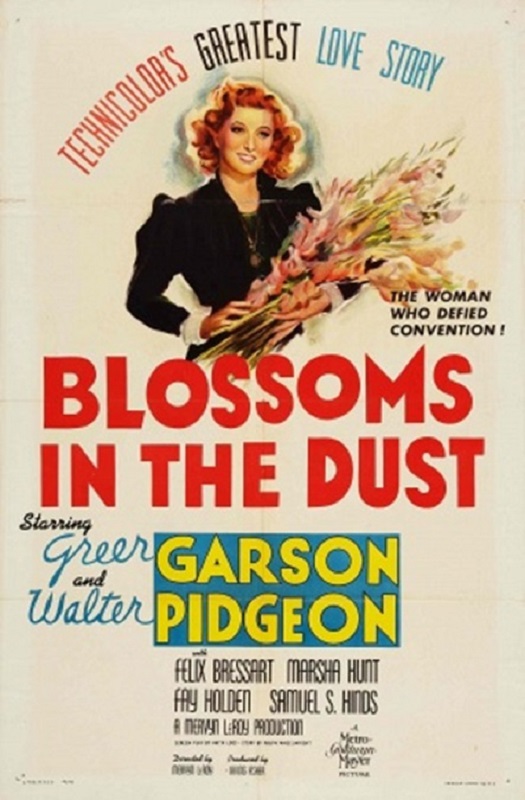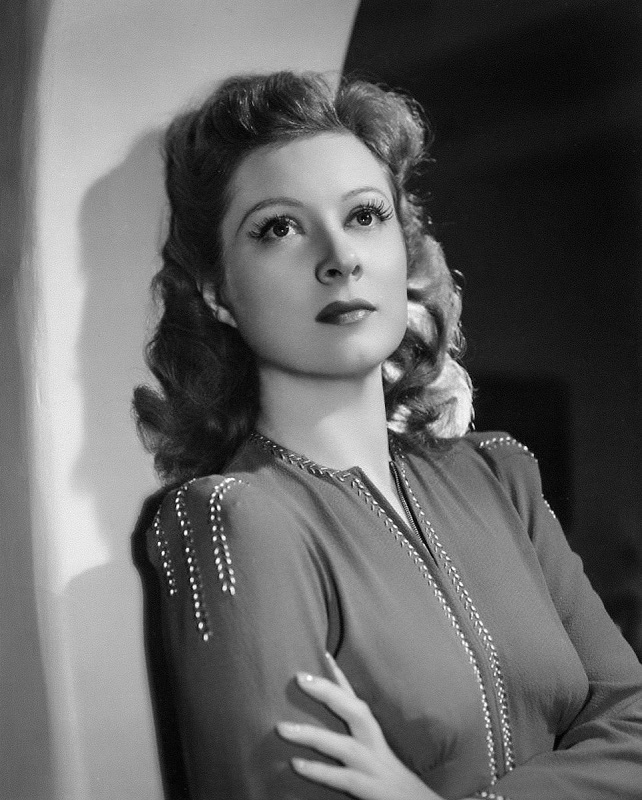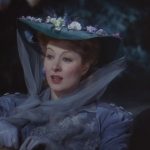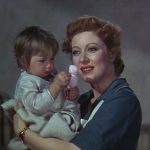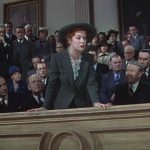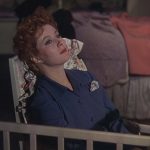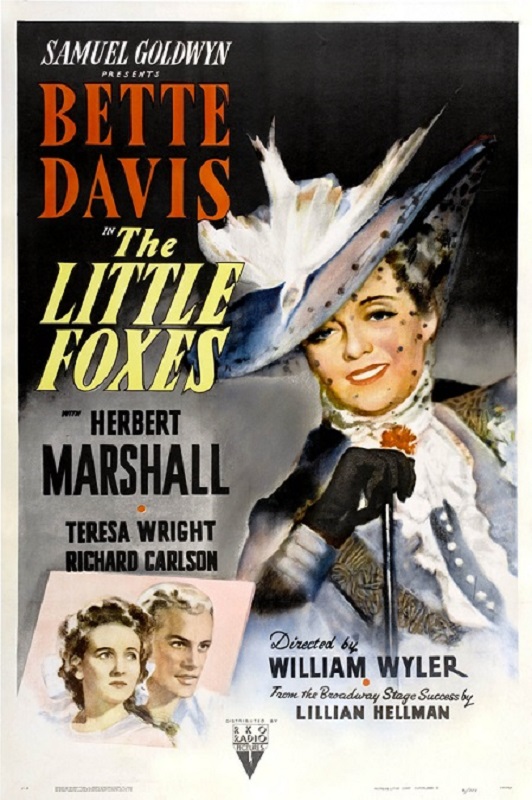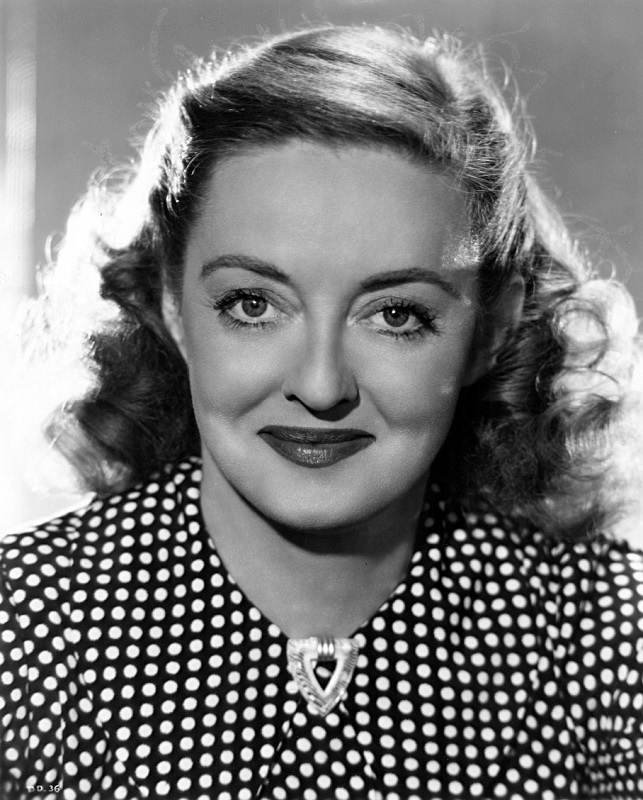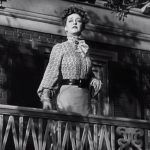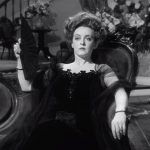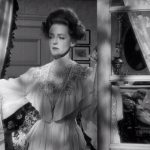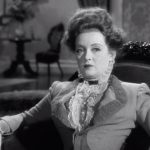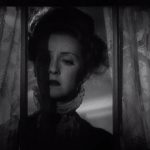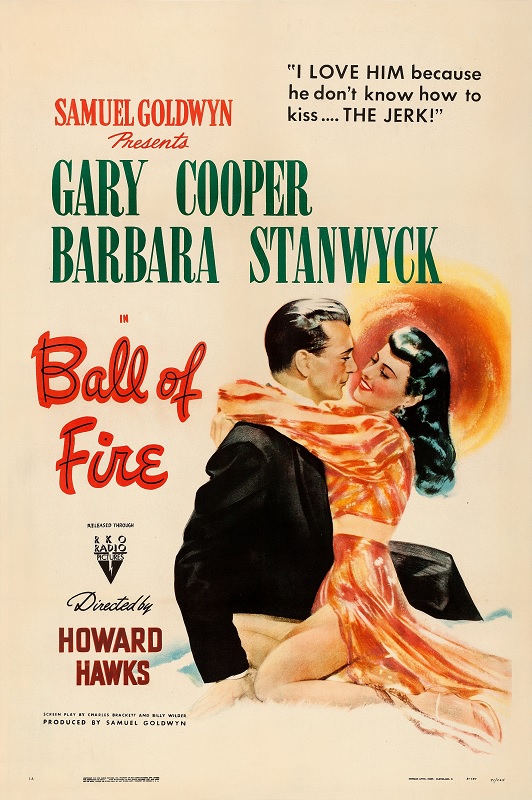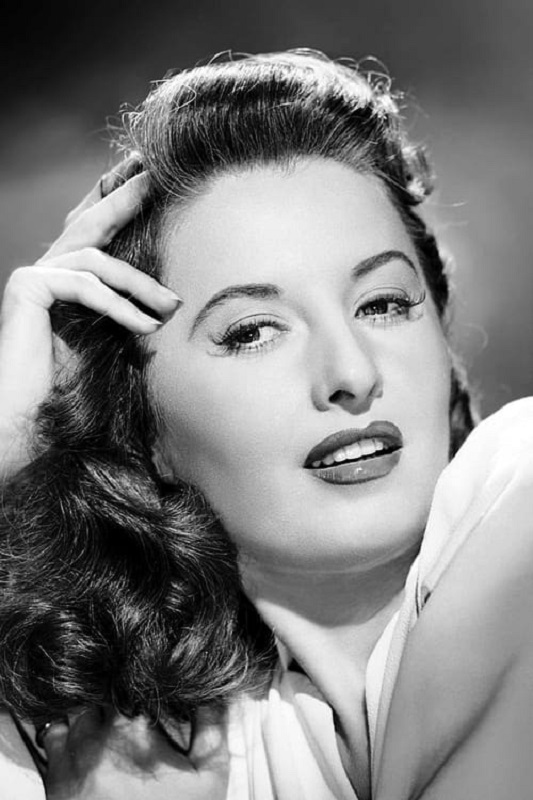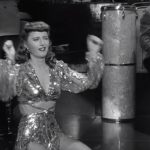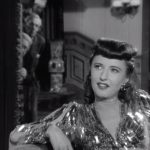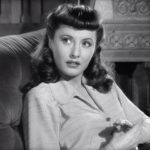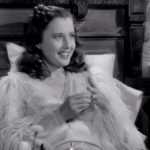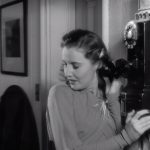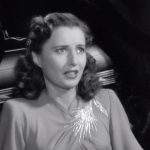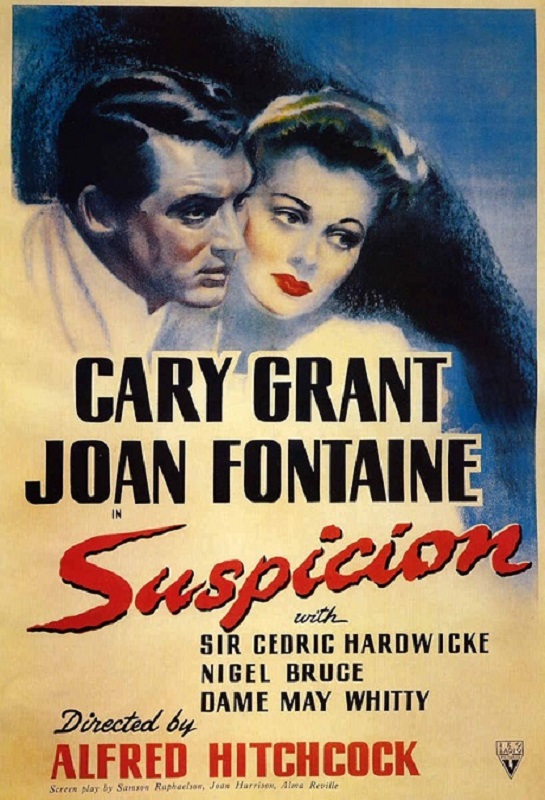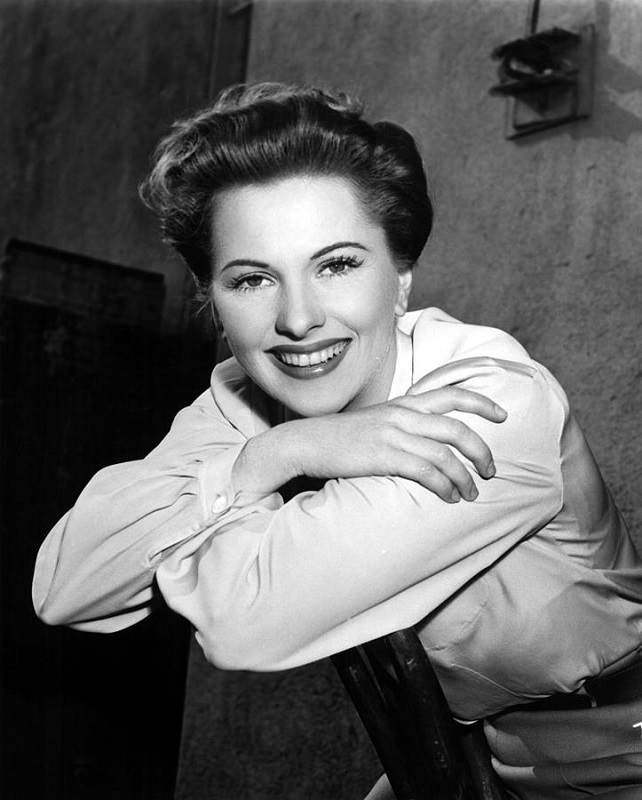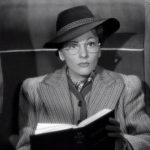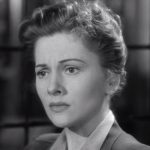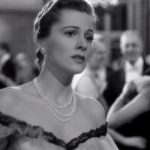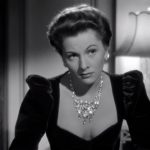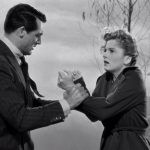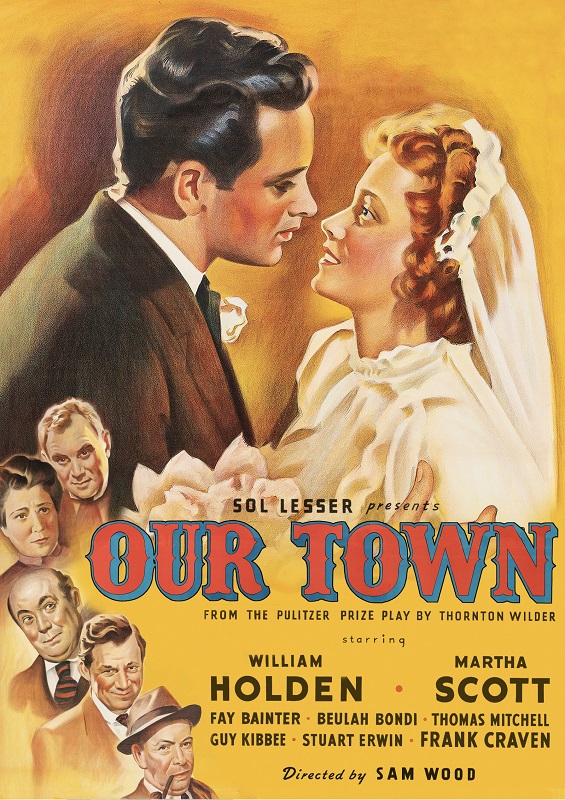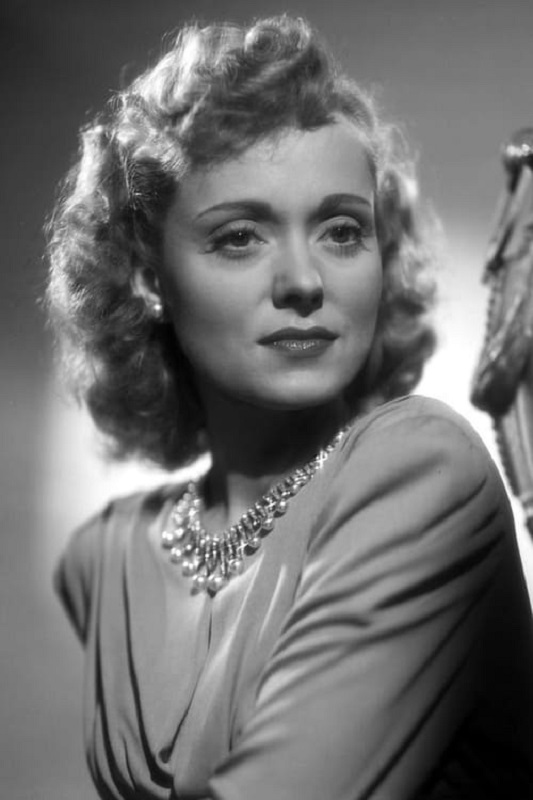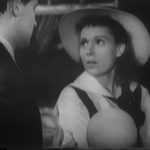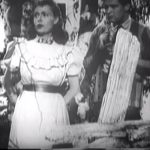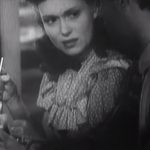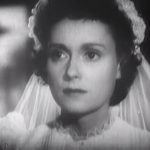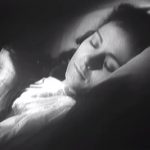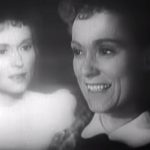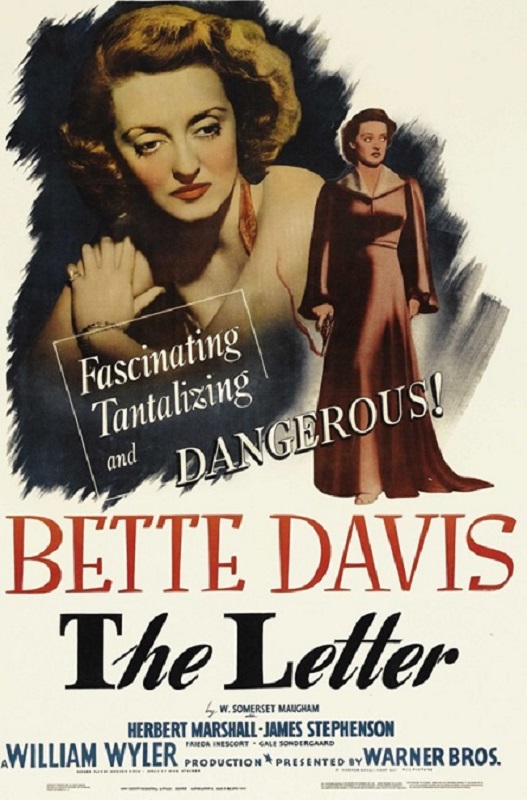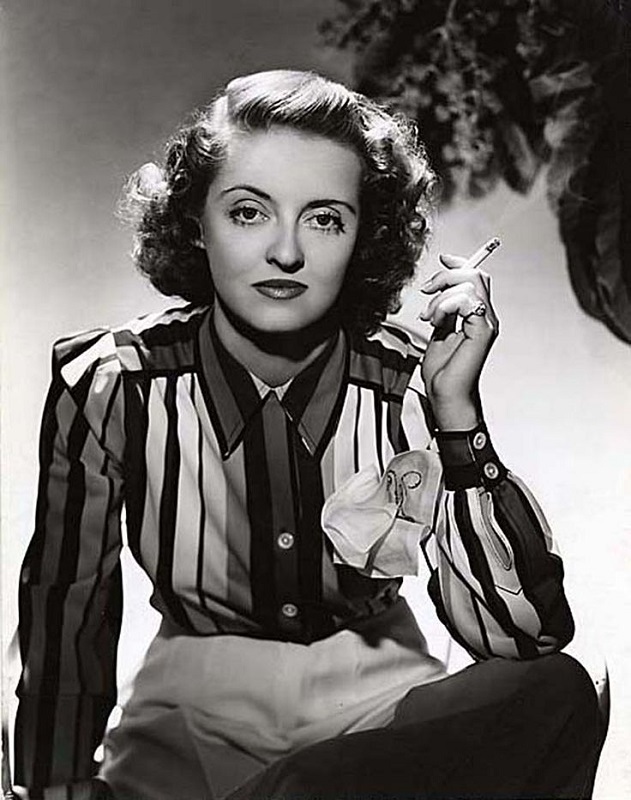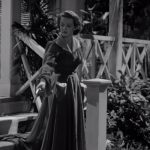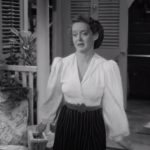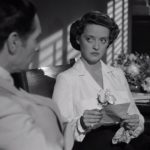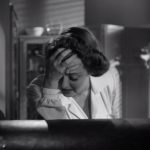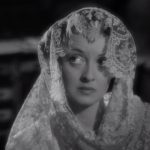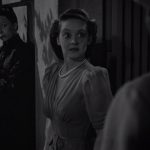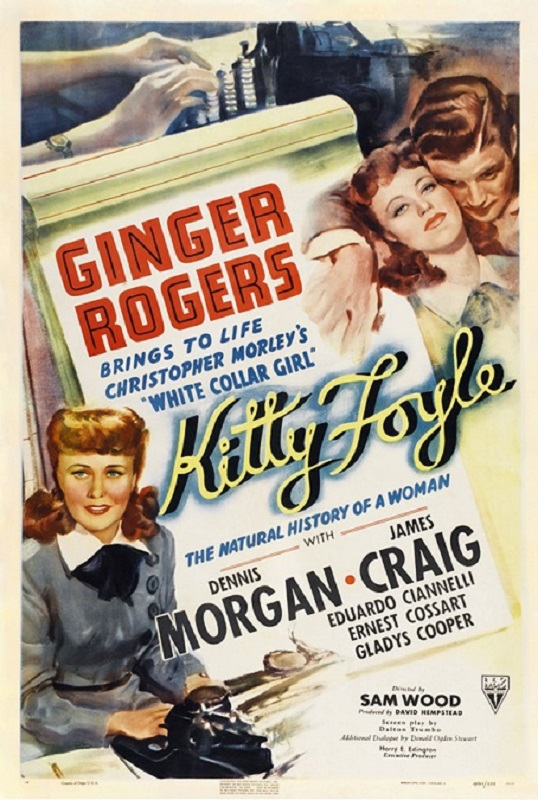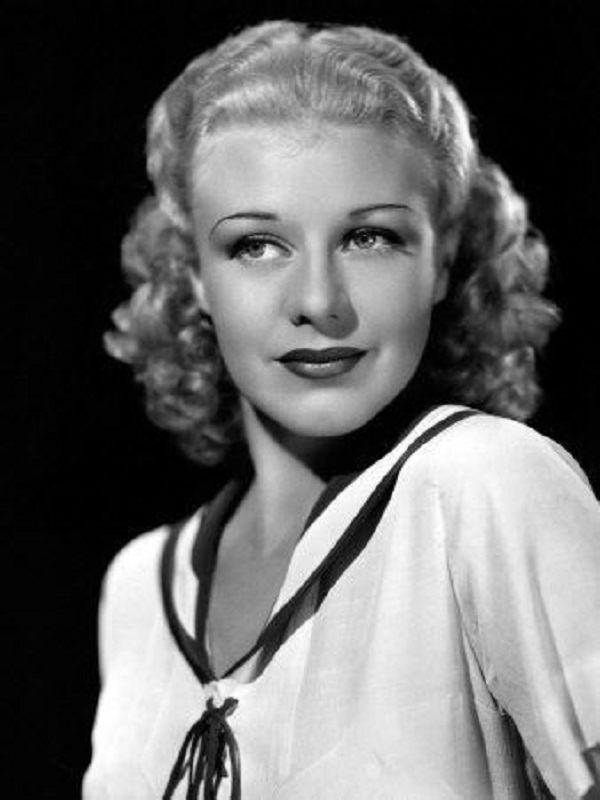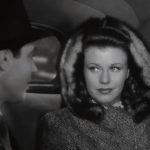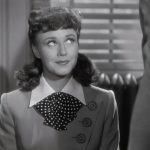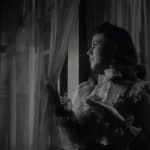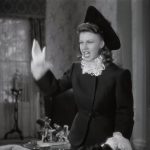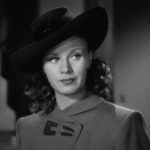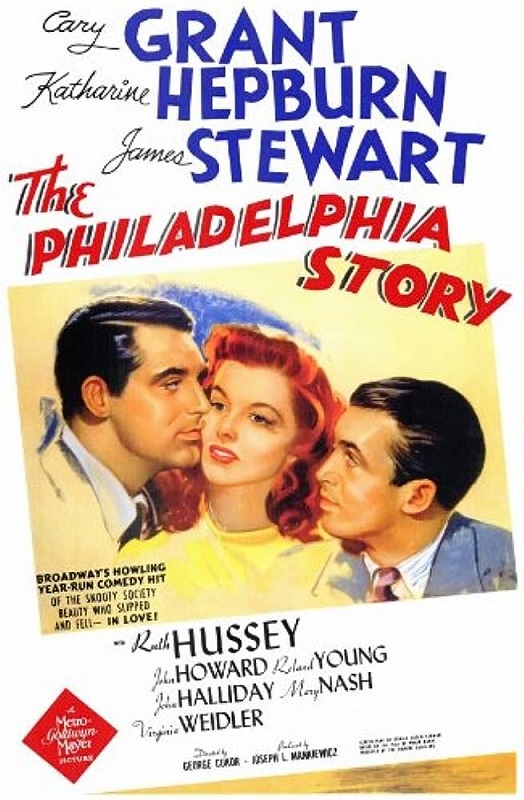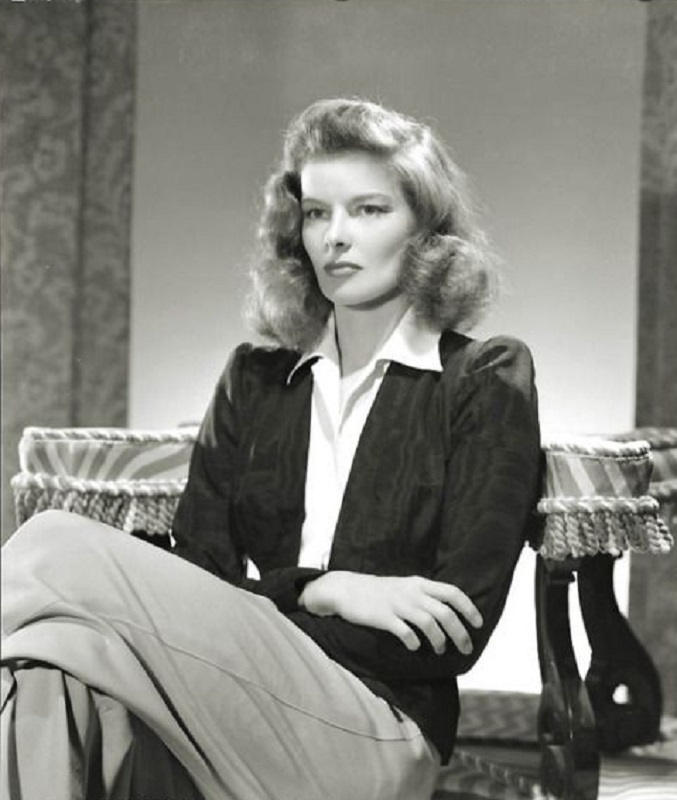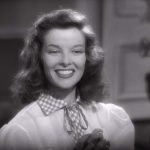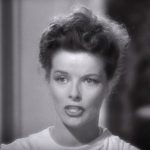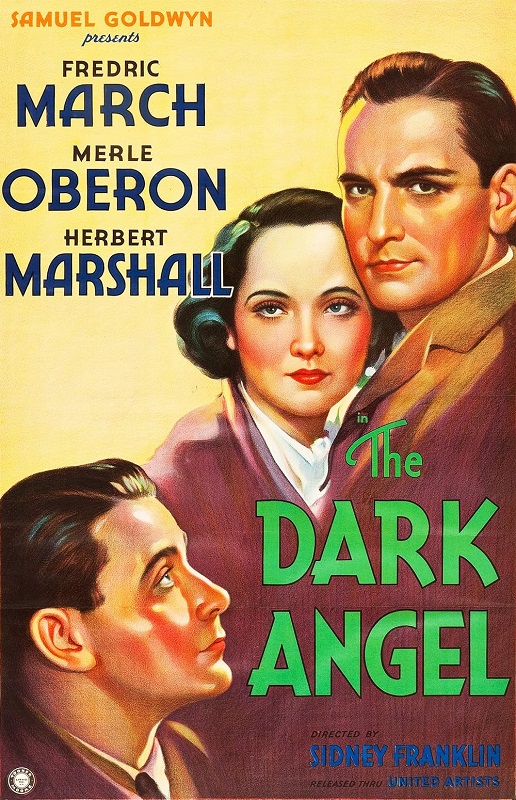
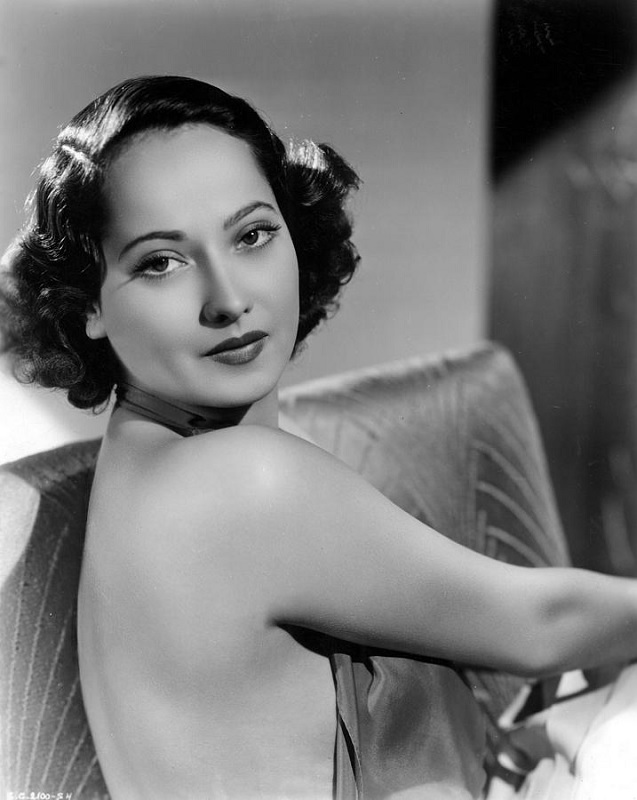

1935 – Merle Oberon
The Dark Angel
This was a movie that left me… undecided if I liked the ending or not. But one thing I’m not undecided about is Merle Oberon’s performance. I think she did a fine job. I can understand the Oscar nomination, but I can also understand why she didn’t win. She was very good, but when I compare her to Miriam Hopkins, Claudette Colbert, and Katherine Hepburn, she seemed a little inexperienced, a little unsure of herself. But that’s like saying she was a nine instead of a ten.
Oberon played the character of Kitty Lane, a young debutant who was good friends with two boys from a neighboring family. She always knew which brother she loved, though both of them were in love with her. When the boys go off to war, her fiancée is injured with blindness and tries to make the world believe he is dead. So Kitty marries the other brother instead. But when he learns that Kitty’s true love is still alive, they confront him together. Knowing that she still loves him, Kitty’s husband quietly disappears and gives his wife permission to return to the man she loves, saying that she will always be there to care for him, despite is affliction. I don’t know how I feel about that ending, but there it is.
Either way, Oberon was very convincing. The scenes where she has to let her fiancée leave to fight in the war, knowing she might never see him again were played beautifully. Though he tried to make her pretend that the Sword of Damocles was not hanging over their heads, you could see the ever-present fear in her eyes. You could see that his way of dealing with their imminent parting hurt her, and her struggle to put on a façade of confidence and normality was all in vain.
And later on, when she marries the other brother, you could see in the way Oberon played the part, that she loved him more as a brother than a husband. There was a resigned look on her face that spoke volumes. The drama was good, and it didn’t hurt that Oberon was simply gorgeous. But in spite of all that, she didn’t draw my attention. She wasn’t captivating on the screen. Maybe that would come in later performances. I honestly don’t know since I haven’t seen any of her other films, but I have no doubt her confidence in front of the camera would grow.














